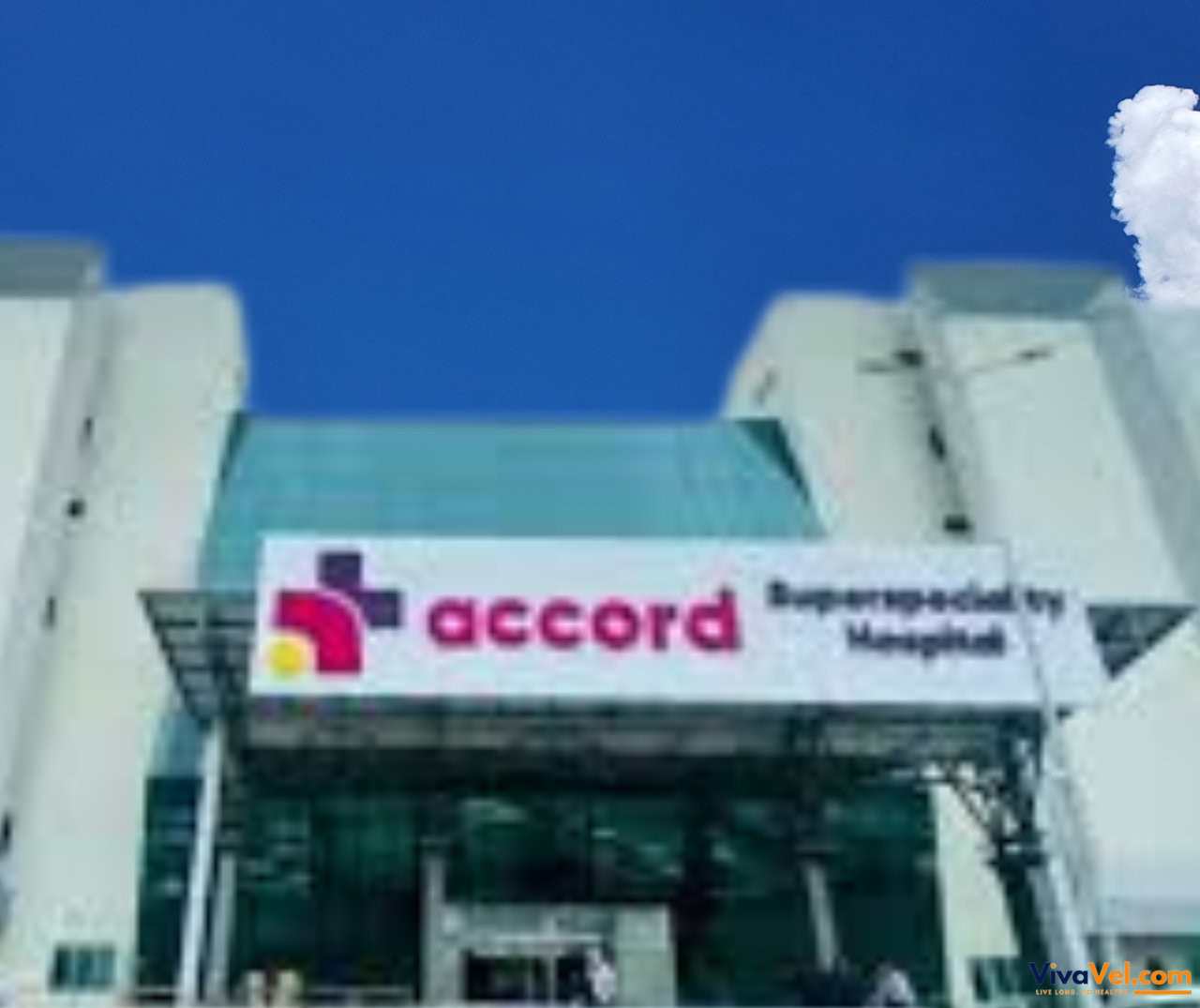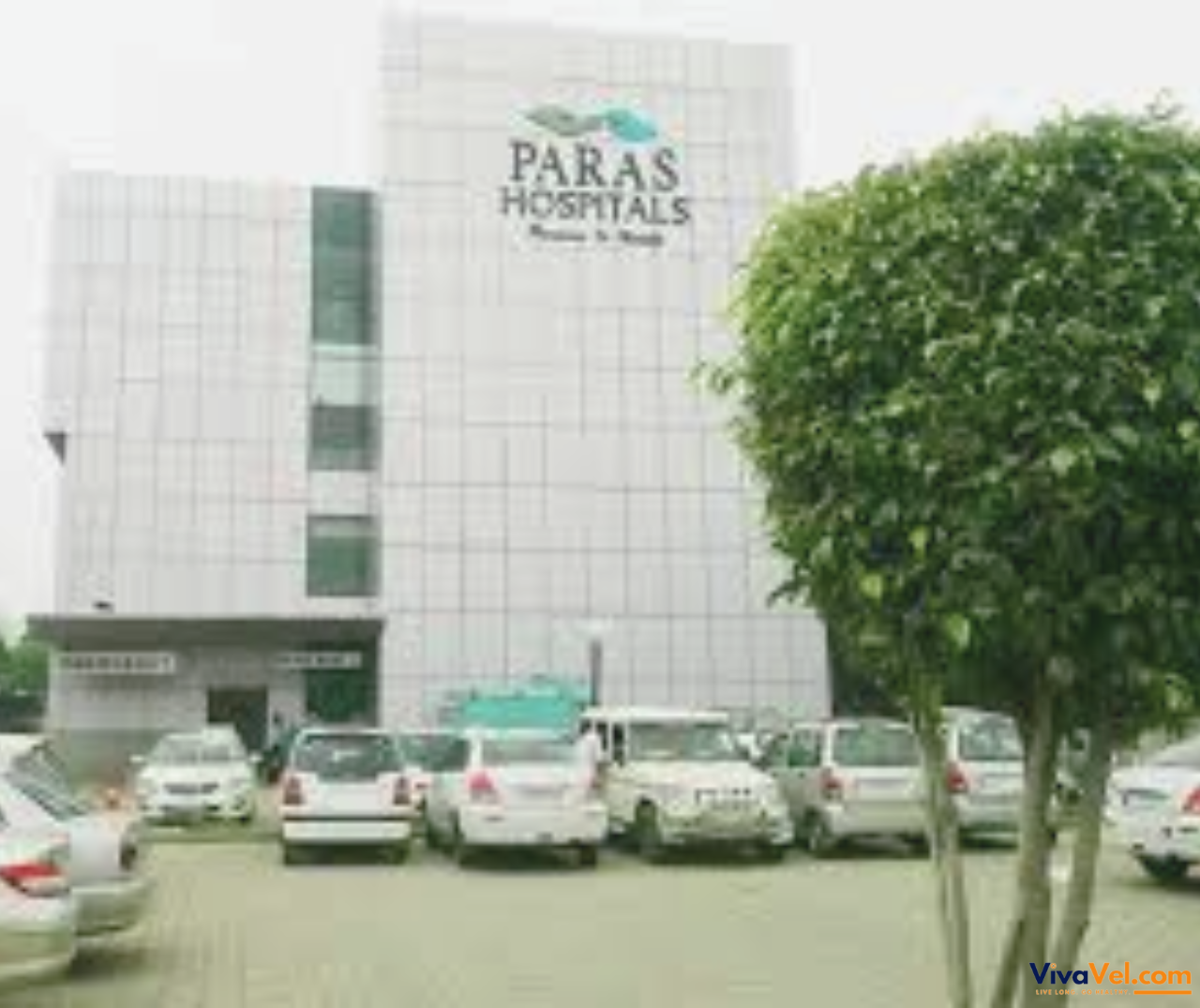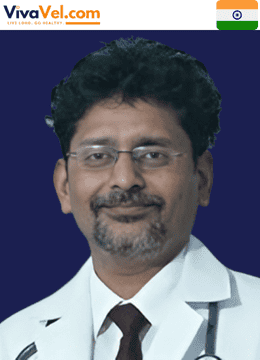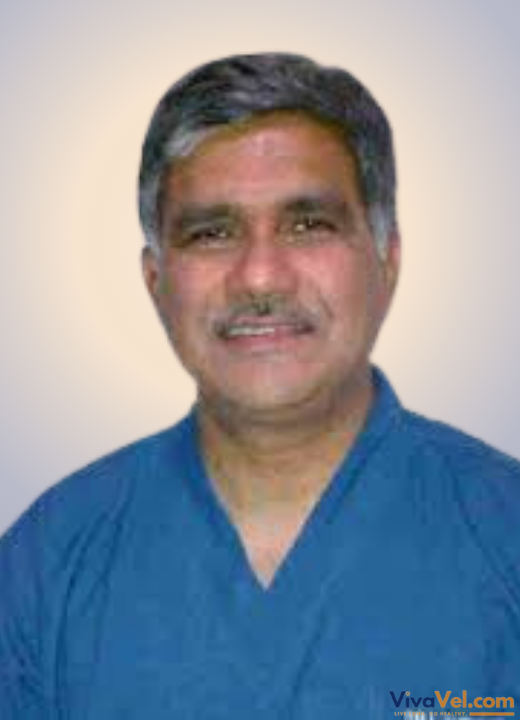info@vivavel.com
+919818262686
+919818262686
 info@vivavel.com
info@vivavel.com +919818262686
+919818262686Skull base surgery is a specialized procedure that addresses problems located at the base of the skull, an area filled with vital structures such as the brain, blood vessels, and nerves. Doctors perform this surgery to remove tumors, treat infections, or repair defects in this complex region. Due to its location, skull base surgery requires advanced techniques to reach deep areas without damaging critical parts like the brain or nerves.
There are two main types of skull base surgery: open and minimally invasive. In open surgery, doctors create a larger opening in the skull, while in minimally invasive surgery, they use small instruments and cameras to operate through the nose or mouth. Minimally invasive methods often result in quicker recovery and less scarring.
This type of surgery is essential for treating conditions such as pituitary tumors, brain aneurysms, and skull base cancers. Patients typically undergo a thorough evaluation before surgery, which may include imaging tests such as MRIs or CT scans. Recovery time varies depending on the complexity of the surgery, but modern techniques have significantly improved patient outcomes.
 Symptoms of conditions that require skull base surgery vary depending on the specific issue, but may include:
Symptoms of conditions that require skull base surgery vary depending on the specific issue, but may include:
Headaches: Persistent or severe headaches, especially around the forehead or temples.
Vision problems: Blurred or double vision.
Hearing loss or ringing in the ears.
Difficulty breathing or nasal congestion (if the tumor is near the nasal area).
Facial pain or numbness.
Dizziness or balance problems.
Seizures: In some cases, depending on the tumor's location.

 Skull base surgery is commonly performed to treat various conditions, including:
Skull base surgery is commonly performed to treat various conditions, including:
Tumors: Benign (non-cancerous) or malignant (cancerous) tumors, such as meningiomas, pituitary tumors, or chordomas.
Aneurysms: Bulging blood vessels that can rupture and cause bleeding in the brain.
Infections: Rare infections affecting the base of the skull.
Congenital issues: Conditions present from birth that impact the skull structure.
Trauma: Injuries to the base of the skull requiring surgical repair.
 Seek medical attention if you experience:
Seek medical attention if you experience:
Persistent or severe headaches that worsen over time
Changes in vision or hearing
Difficulty swallowing, breathing, or speaking
Facial weakness or numbness
Unexplained balance or coordination problems
Seizures or sudden, unexplained fainting
These symptoms may indicate a condition that could require skull base surgery.
 Several diagnostic tests may be used to identify conditions that require skull base surgery:
Several diagnostic tests may be used to identify conditions that require skull base surgery:
Imaging Tests:
MRI (Magnetic Resonance Imaging): This imaging technique provides detailed images of the brain and skull base, allowing for the localization of tumors or abnormalities.
CT Scan: Helps visualize bones, tumors, and blood vessels.
Angiography: A specialized imaging test to observe blood flow in the brain's vessels.
Biopsy: A small tissue sample may be taken from a tumor to determine whether it is benign or malignant.
Hearing and Vision Tests: To assess whether the condition impacts sensory functions.
Neurological Exams: Tests to assess muscle strength, coordination, and reflexes.
 Do's:
Do's:
Follow all pre-surgery instructions, including fasting and discontinuing certain medications as directed.
Stay hydrated and eat a healthy diet before surgery to help strengthen your immune system.
Attend follow-up appointments after surgery to ensure proper recovery.
Take prescribed medications to manage pain and prevent infection.
Be patient with recovery: Skull base surgery may require a gradual return to normal activities.
 Don'ts:
Don'ts:
Avoid heavy lifting or strenuous activities post-surgery.
Don't skip follow-up visits: Regular check-ups are essential for monitoring recovery.
Don't ignore new symptoms, Such as worsening headaches, vision changes, or seizures.
Avoid smoking and alcohol, as they can slow down healing and increase complications.
Don't hesitate to ask your doctor about any concerns or instructions regarding post-surgical care.
Disclaimer:
Our medical content authors have diligently gathered and synthesized information on this topic to offer valuable insights to our readers. Drawing from a range of reputable medical journals and health resources, this content aims to enhance understanding of the subject. It's essential to remember that while this information is informative, it should not replace personalized consultation or treatment from a qualified healthcare professional. For further details, please refer to our Editorial Policy.
For this topic, our authors used some of the following resources:
Johns Hopkins | Skull Base Surgery
ENThealth | What is Skull Base Surgery?





![]() Pusa Road, Radha Soami Satsang, Rajendra Place New Delhi, 110005 India
Pusa Road, Radha Soami Satsang, Rajendra Place New Delhi, 110005 India



![]() Budena Village, Sector 86, Faridabad, Haryana 121002, India
Budena Village, Sector 86, Faridabad, Haryana 121002, India



![]() C-1, Sushant Lok- 1, Sector-43, Phase- I, Gurugram, Haryana, 122002
C-1, Sushant Lok- 1, Sector-43, Phase- I, Gurugram, Haryana, 122002




![]() Lot 2, Jalan Baung 17/22, Seksyen 17, 40200 Shah Alam, Selangor Kuala Lumpur, 40200 (Malaysia)
Lot 2, Jalan Baung 17/22, Seksyen 17, 40200 Shah Alam, Selangor Kuala Lumpur, 40200 (Malaysia)


Dr. (Prof.) Rohit Gupta is a well-known neurologist in Faridabad, Haryana, India, with over 17 years of experience in clinical neurology. He achieved academic success...

Dr. Sandeep Ghosh is a highly regarded consultant neurologist, currently practicing at the esteemed Neurosciences Department of Accord Superspeciality Hospital in Faridabad, ...

Dr. Vikram Dua is one of India's top neuro and spine surgeons. With over 26 years of experience, he has performed over 10,000 surgeries, with a success rate excee...

Dr. LN Tripathy is a highly esteemed neurosurgeon with an impressive 31-year career. Since April 2010, he has been the Director of the Medica Institute of Neurologica...

Dr. Anish Kumar is a highly experienced medical professional with over 21 years of experience, including more than 11 years dedicated to neurology. He is currently a ...

Dr. Kaushik Sen is a highly esteemed senior consultant neurologist with over 18 years of post-DM experience in neurology. He holds a gold medal in MBBS, an MD i...
Treatment Plan & Cost within 2 days
